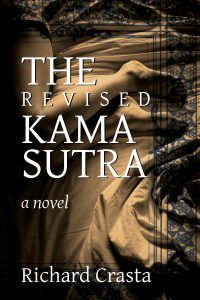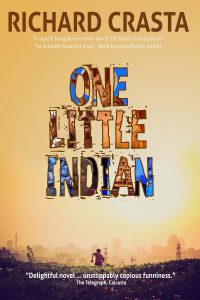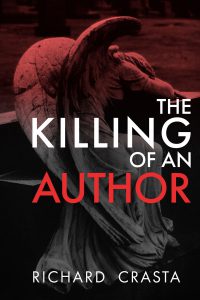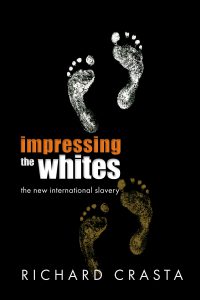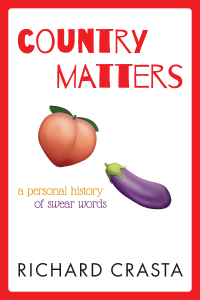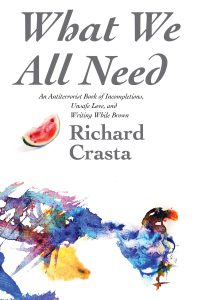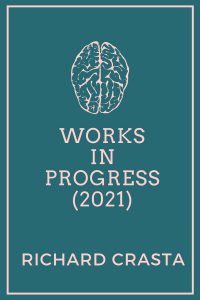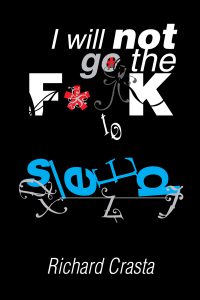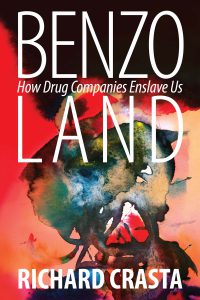Imagine living in a world with just one mirror, a mirror that is permanently fogged up except for one square centimeter of clear space in which you must see yourself. That’s what you are risking when you take that first benzodiazepine pill, and particularly if you use it nonstop for three weeks or more.
Russell’s Brand’s bestseller, Recovery, doesn’t even seem to recognize the existence of Benzodiazepine dependence, which afflicts millions of mostly silent sufferers in the West and even more in the developing world.
Someone you love or care for may be secretly dependent, day after day, on Benzodiazepines, and they might look so normal, in the first few years, that you wouldn’t even know their secret terror and sense of helplessness; even later, you might think that was just their new normal. My own book on the subject (which is now on Kindle and Amazon (paperback), and possibly Bn.com, and also on Smashwords on Google Play (etc.): Benzo Land: How Doctors and Drug Companies Enslave Us.
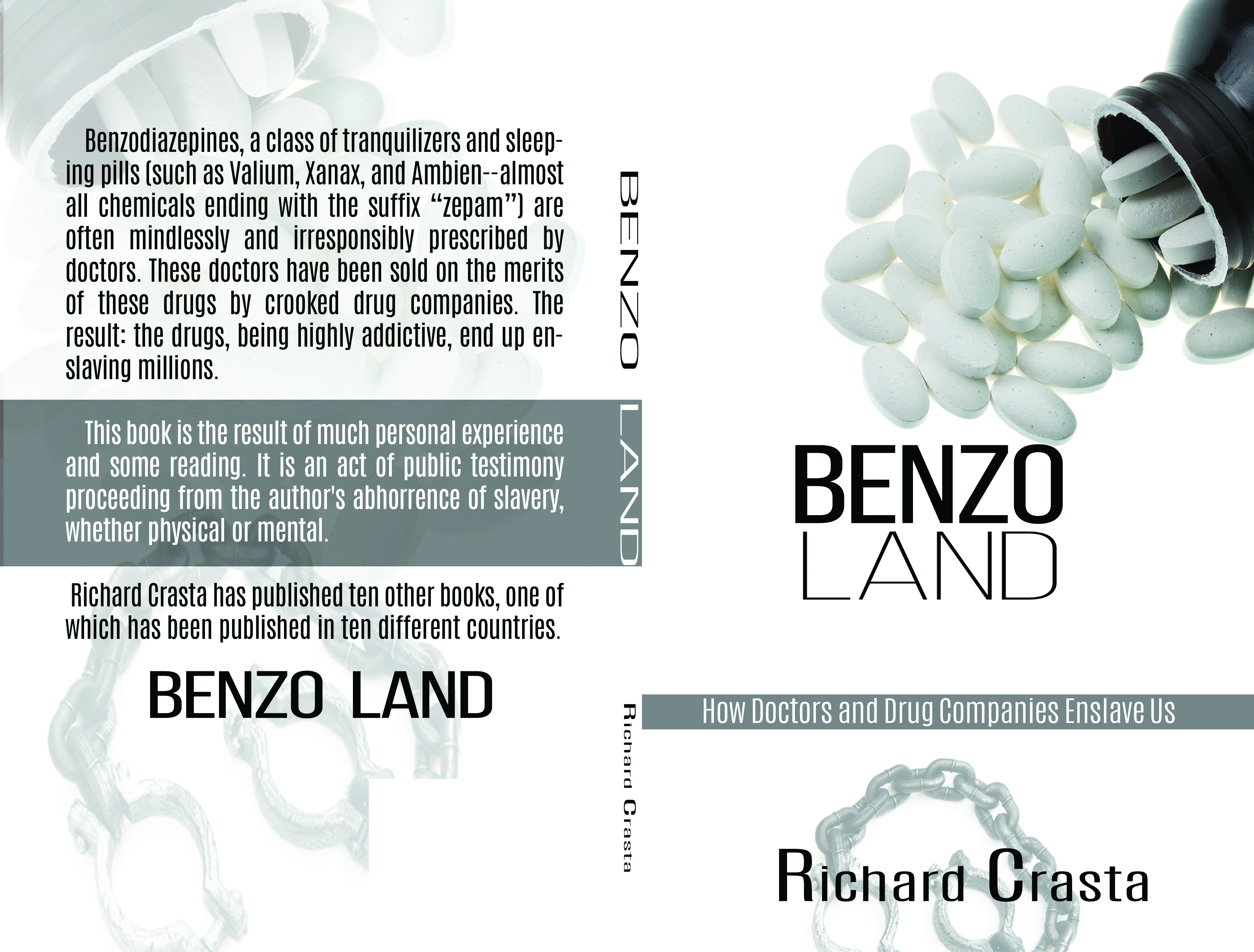
Millions of people are enslaved, not just by human traffickers, but by Benzodiazepines, and many of them were just trusting patients who went to a doctor–often, a general practitioner–who gave them this feelgood drug without warning them of the consequences. Depression, loss of a sense of self, and short-term memory loss (that can get when very long-term indeed when your dependence goes on for years and decades) are just a few of the many side-effects that doctors do not warn patients about (sometimes, they themselves don’t know) when prescribing the drugs. Sudden withdrawal can result in seizures or even death (this may have happened to a black woman who was wrongly jailed in the Midwest; in jail, she was not given the medications she was dependent on, that she probably took at night). Such “legal” drugs are dumped on many developing countries, where pharmacies sell the drugs over the counter: a new slavery, a new form of colonialism.
Here, at http://w-bad.org/yourstoryinwriting/ , are some other stories, in a few of which doctors confess either their former ignorance of the severity and complexity of the problem and the difficulty of withdrawal, or how they themselves became victims to these chemicals! Here, too, is a short but essential bit of information on benzodiazepine withdrawal from Heather Ashton, possibly the foremost authority on the subject: https://www.youtube.com/watch?v=UsjhqdE7-6A
My book is a personal, non-authoritative memoir which mentions some of the information I have gathered over the years, most of which would have served me far better had I known it earlier. I hope it is of some use to a few readers.
